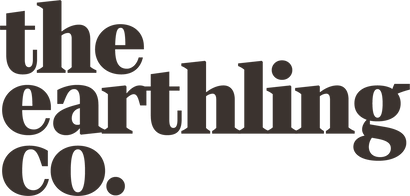
Have you ever wondered about the environmental impact of your plastic toothbrush? It’s a small but important tool you probably use every day. How many times a year do you replace it? Or, do you use an electric toothbrush with replaceable heads?
With their significant prevalence, toothbrushes can have a profound impact on the environment. Let’s talk about toothbrush waste.
The Impact of Plastic Toothbrushes
Most people use some sort of toothbrush every single day. It’s considered a household staple. So it might not be entirely surprising that about 1 billion toothbrushes are thrown away each year in the United States. That’s 50 million pounds of plastic! With plastic taking up to hundreds of years to break down, this tiny tool is proving to bear a heavy weight on the environment.
Both the handle and bristles of toothbrushes are petroleum-derived, so they don’t just take ages to break down, but they also create a lot of environmental waste in the manufacturing process. Manufacturing nylon creates nitrous oxide, a harmful greenhouse gas. Both materials use a lot of energy and water as they are made and result in dangerous runoff.
Since they take ages to break down, it’s also unfortunately not uncommon for toothbrushes to end up on beaches, harming both flora and fauna. Birds can ingest toothbrushes, among other plastic waste, causing all sorts of issues.
As you can see, toothbrushes certainly make an impact when it comes to greenhouse gasses and landfill real estate.
Toothbrush Sustainability
While the numbers surrounding plastic toothbrushes might seem dismal, there is plenty you can do to boost your dental sustainability.
Bamboo breaks down much faster and is more sustainable to produce than plastic.
Opt for Eco-Friendly Floss
Standard floss is made of nylon fibers which can’t break down and can’t be recycled. There are several options out there made from more sustainable materials like bamboo or plant fibers.
Avoid Microbeads
While microbeads are less common nowadays thanks to environmental legislation, there are still brands out there including tiny, colorful microbeads to make their toothpaste pop. These miniscule pieces of plastic can get everywhere, ending up in marine life’s digestive systems and, eventually, in the digestive systems of the humans who eat these fish.
Toothbrushes are excellent for cleaning hard-to-reach nooks and crannies. Or, you can get creative and use them for an art project!
Of course, not everyone has the same access to dental care. Some don’t have any options; for others, plastic toothbrushes might be the only option. Spreading awareness about plastic toothbrushes is merely the first step.
Sustainable Bamboo Toothbrushes
Bamboo is a much more sustainable material than plastic because it is easy to grow and maintain. It’s actually self-regenerating! Turning it into a production material is relatively straightforward and does not cause nearly as much pollution as plastic production does. Plus, when your toothbrush has reached the end of its life, you can put it in the compost instead of sending it to a landfill.
Our bamboo toothbrushes are gentle yet effective for proper oral hygiene. Swapping your toothbrush is one of the easiest eco-friendly swaps you can make – so give it a try today!





